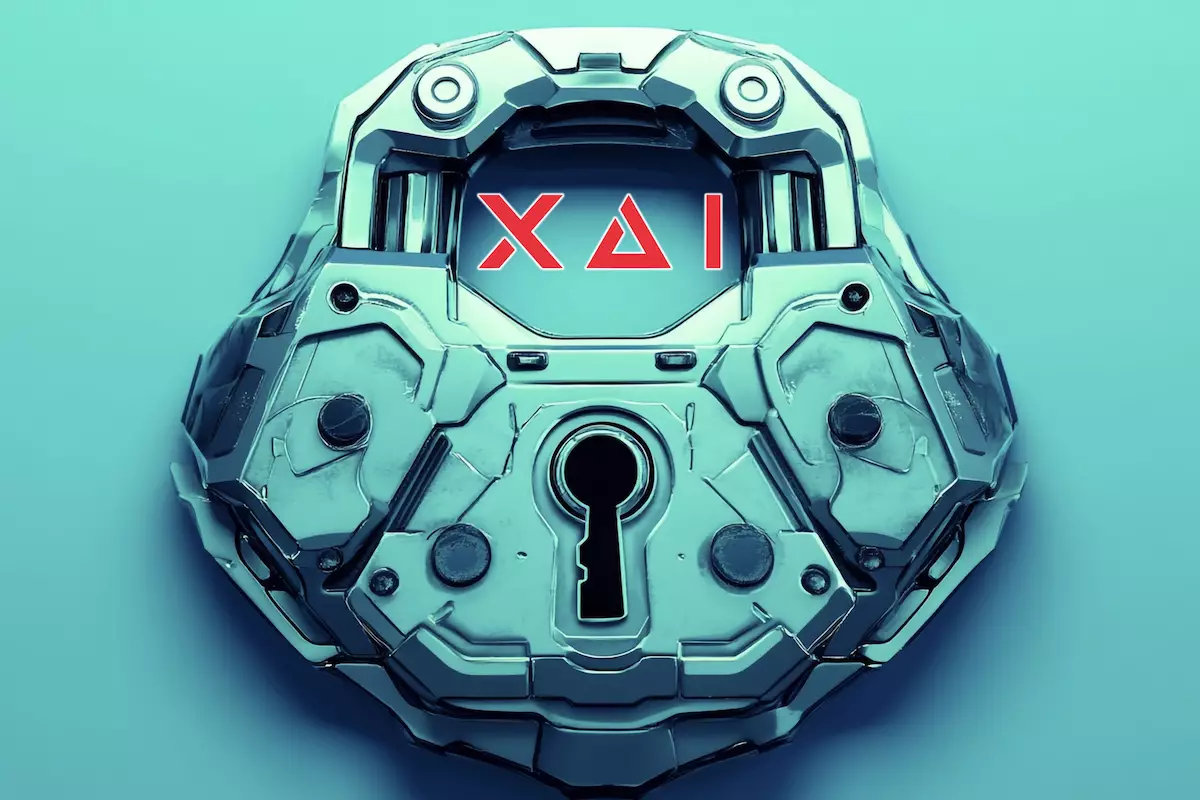In an innovative stride towards democratizing blockchain gaming, the Xai Foundation has unveiled Tiny Sentry Keys—an enticing solution for gamers interested in the Ethereum ecosystem. This initiative aims to break down significant barriers to entry, catering especially to newcomers who may have felt deterred by the high costs associated with conventional gaming NFTs. At a fraction of the cost of traditional Sentry Keys, Tiny Sentry Keys promise to retain essential functionalities while offering an accessible and budget-friendly option for players.
The traditional Sentry Keys, priced at 1.43 ETH (approximately $5,520), have long been a stumbling block for many aspiring players looking to delve into the Ethereum gaming sphere. By introducing Tiny Sentry Keys at a significantly lower price point, the Xai Foundation is setting a new standard that champions affordability. These NFT licenses facilitate access to a range of rewards within the Sentry Key ecosystem, including staking opportunities that allow players to earn rewards—although likely at a reduced scale compared to those holding regular keys.
The allure of Tiny Sentry Keys lies not just in their pricing but also in their full functionality. By retaining the core benefits associated with traditional keys, these new licenses are positioned to attract a broader audience. The Xai Foundation’s framework recognizes the need for inclusivity and incentivizes engagement in a way that resonates with both seasoned players and newcomers. Furthermore, Tiny Sentry Keys act as a form of “battle pass,” providing access to various perks, airdrops, and resources within the Xai ecosystem.
For the gaming developers, this means a standardized protocol for integrating rewards into their games—reducing friction and streamlining user onboarding processes. By lowering entry barriers, developers will find it easier to attract a wider range of players, ultimately driving creativity and collaboration among stakeholders.
Currently, the Xai ecosystem boasts twelve premier projects with specific allocations reserved for both Tiny and traditional Sentry Key holders. This element of the initiative is crucial, as it not only encourages existing players to engage more deeply in the community but also significantly cuts down the initial investment for new gamers. The bigger picture here reveals a proactive approach by the Xai Foundation to cultivate an inclusive gaming environment that prioritizes growth and evolution.
In just one year, the foundation has successfully distributed an impressive $340 million in tokens. This significant financial activity underscores the thriving environment created by the Xai Foundation. For every ordinary Sentry Key a player holds, they receive 99 Tiny Sentry Keys, markedly reducing the cost of entry to the ecosystem by 100 times. Such strategies are designed to create a vast network-centric experience, one that will inevitably lead to a rich tapestry of interactions within the gaming community.
The success of the Xai Foundation’s initiatives is evident in the staggering statistics it has amassed. As of last August, the platform processed over 1 billion transactions, a testament to its efficiency and widespread appeal. Moreover, more than 9 million connected wallets signify a growing user base that values what the Ethereum gaming landscape has to offer. The introduction of Tiny Sentry Keys is poised to further amplify these figures, driving engagement through enhanced accessibility.
The launch of Tiny Sentry Keys represents a significant milestone in the evolution of blockchain gaming. By prioritizing affordability without sacrificing quality, the Xai Foundation has created a blueprint for the future of the gaming industry on Ethereum. This strategic move is likely to enhance player experiences, foster a sense of community, and fuel the continued proliferation of diverse gaming applications. Tiny Sentry Keys hold the potential to reshape the gaming landscape, ensuring that players from all backgrounds can embark on their blockchain gaming journeys without financial burdens.















